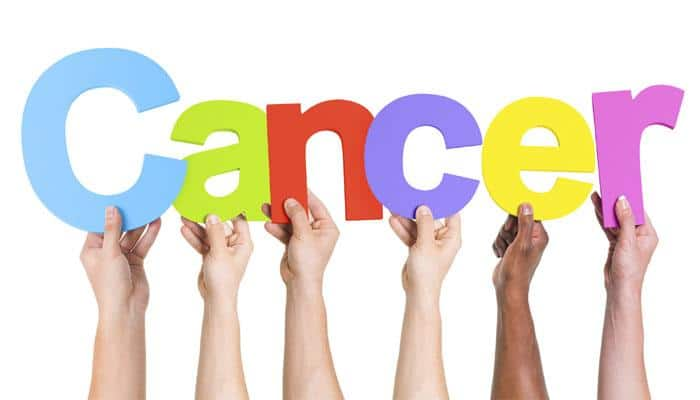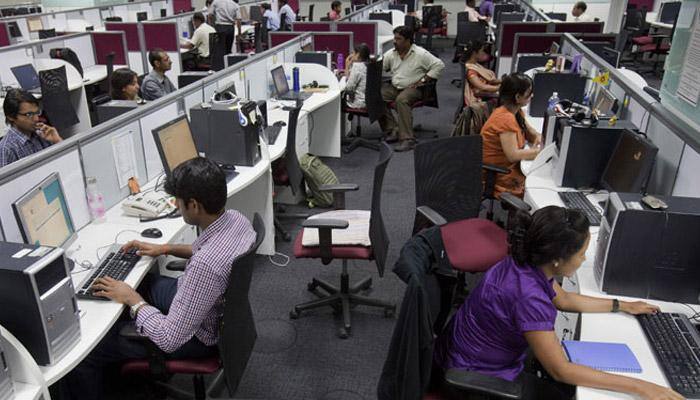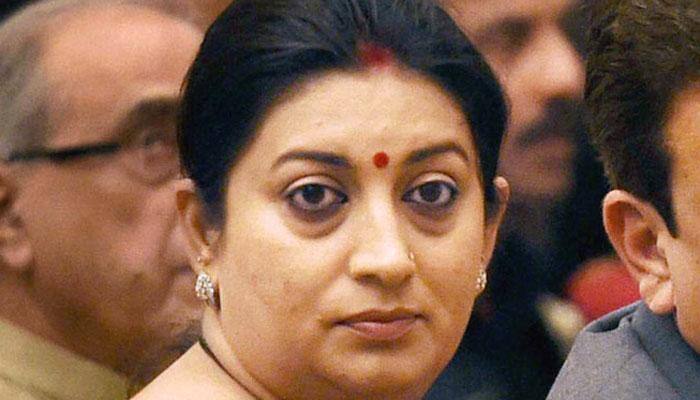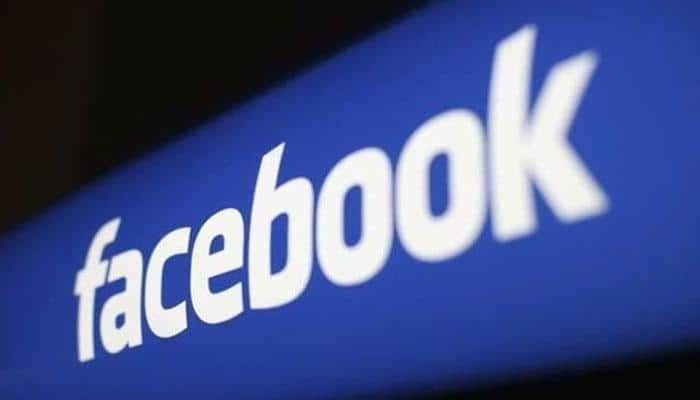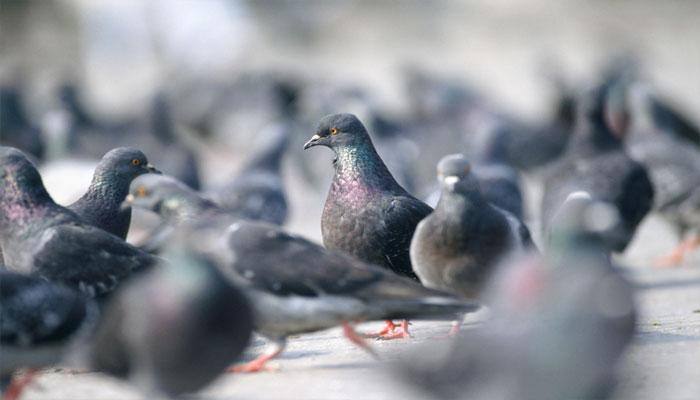World Rankings 2023: THIS university ranked No.1 in India- Check list here
Last year, the second place in the Indian category was bagged by IIT Ropar, which has in this year’s edition of THE slipped to the sixth position, and to the 501-600 band globally from last year’s 351-400.
Oct 13, 2022, 15:05 PM ISTPoonawalla family pledges $66 million to Oxford University for setting up research campus
The pledge builds on the collaboration between Oxford University, AstraZeneca and SII, the world`s largest maker of vaccines and the producer of a version of the British duo`s COVID-19 shot for low- and middle-income countries.
Dec 15, 2021, 08:19 AM ISTAstraZeneca begins trials for modified booster vaccine against Beta variant of COVID-19
“Testing booster doses of existing vaccines and new variant vaccines is important to ensure we are best prepared to stay ahead of the pandemic coronavirus, should their use be needed," said chief investigator.
Jun 28, 2021, 07:20 AM ISTCOVID caused 1 mn extra deaths in 29 countries in 2020: Study
Nearly 1 million extra deaths relating to the COVID-19 pandemic occurred in 29 high income countries in 2020, finds a study published by The BMJ on Thursday.
May 23, 2021, 16:27 PM ISTMalala Yousafzai, British comedian Stephen Fry spar on Twitter over Oxford vs Cambridge
Earlier this week, Stephen Fry took to Twitter writing about his meeting with Malala at a Gates Foundation event in New York last year.
Jan 25, 2018, 00:23 AM ISTCancer hijacks natural cell process to survive: Study
NMD is known among the medical community for the role it plays in the development of genetic diseases such as Cystic Fibrosis and some hereditary forms of cancers.
Jun 26, 2017, 20:46 PM ISTHow close is Artifical Intelligence from making us jobless? Here's what experts predict
All these things raise a very important question and that is when will artificial intelligence surpass human performance and deliver in a much better way than human beings.
Jun 01, 2017, 12:51 PM ISTBabies born via IVF as smart as naturally conceived children: Study
According to the study, parents who undergo such treatments are generally older, more educated and have a higher socio-economic status than parents who had naturally conceived children.
May 26, 2017, 18:45 PM ISTNo improvement in heart failure survival rates in two decades
There has been no improvement since 1998 in survival rates for heart failure patients, a new study has found.
Jan 31, 2017, 22:52 PM ISTNumber of kids you are likely to have can be encoded in your DNA: Experts
Scientists say that the genetic data can be used to accurately predict our reproductive behaviour and also the age at which we are going to have our first kid.
Nov 03, 2016, 19:38 PM ISTResearchers devise 'liquid wire' composite fibres inspired by spider webs
These composite fibres extend like a solid and compress like a liquid. Pulling on a sticky thread in a garden spider's orb web and letting it snap back reveals that the thread never sags but always stays taut, even when stretched to many times its original length.
May 18, 2016, 09:18 AM ISTSmriti Irani misrepresented my work in her Parliament speech, says Oxford researcher
Congress on Sunday alleged that Smriti Irani's statement inside the Parliament over Rohith Vemula case had many contradictions and was a 'fit case' for a privilege motion.
Feb 28, 2016, 19:49 PM ISTCambridge University launches written admission tests
The at-interview assessments will take place during the December interview period on the university premises, usually on the same day as the interviews.
Feb 02, 2016, 23:08 PM ISTBeat this! You just can't have more than 200 friends on Facebook
According to an interesting research, the average number of real close friends people have on the social networking site is less than 200.
London: If someone claims that he or she has over 1,000 friends on Facebook, he or she is probably lying.
According to an interesting research, the average number of real close friends people have on the social networking site is less than 200, and here too women triumph with more genuine friends than men.
According to psychologist professor Robin Dunbar from the University of Oxford who conducted two surveys, among regular social media users, the average number of friends they had on Facebook was 155 in the first survey and 183 in the second.
Women had more friends than men (in the first sample, women averaged 166 and men just 145 friends; in the second, it was 196 vs 157) while - perhaps unsurprisingly - older generations had fewer friends than younger ones, Dunbar found.
According to him, social media certainly help to slow down the natural rate of decay in relationship quality that would set in once we cannot readily meet friends face-to-face.
"But no amount of social media will prevent a friend eventually becoming 'just another acquaintance' if you don't meet face-to-face from time to time,” Dunbar explained in a paper published in Royal Society Open Science journal.
"There is something paramount about face-to-face interactions that is crucial for maintaining friendships. Seeing the white of their eyes from time to time seems to be crucial to the way we maintain friendships,” he added.
Offline, research has given rise to what's called the Social Brain Hypothesis. This says that our brain's ability to process multiple relationships creates a natural group size of 100-200 people for humans.
This size is also constrained by the time required to maintain relationships - we only have so much time to devote to meeting or talking to people.
Social media may seem to be a way to make and maintain hundreds of friendships.
It has been suggested that social media might overcome the constraints because posts, tweets and pictures allow us to talk to many more people at the same time even if the interaction is not direct.
This prompted Dunbar to carry out two surveys of more than 3,300 people to see whether using the Internet really means we can have more friends.
The first survey group, made up of regular social media users, considered only 28 percent of their Facebook friends to be “genuine” (close) friends.
While a few people did have much larger groups of online “friends” on Facebook, they had similar sized support and sympathy groups to others.
This suggests that when social media seem to allow someone to have more friends, it is because looser acquaintances were being included in the 'friend' category.
"The research shows that face-to-face interaction is essential for truly authentic relationships and that shares, selfies and 'likes' are no replacement for the bonding that takes place while sharing food, experiences and anecdotes,” informed Sue Fudge, director at Dorset bakers Thomas J. Fudge's.
Jan 20, 2016, 10:52 AM ISTHealthy or sick? Tiny cell bubbles may hold answer
For decades scientists believed that the EV material released by some human cells -- which can only be seen through high-tech electron microscopes -- was nothing more than biological debris.
Dec 13, 2015, 12:44 PM ISTFor pigeons, leadership simply depends on speed
The latest GPS loggers allow the researchers to track not only the birds' overall routes, but also the sub-second time delays with which they react to each other while flying as a flock.
Dec 01, 2015, 15:27 PM ISTNew biomarkers can predict HIV relapse in patients
The researchers found that high levels of these biomarkers, attached to 'exhausted' T-cells prior to patients commencing ART, were associated with earlier rebound of the virus following treatment interruption.
Oct 11, 2015, 17:53 PM IST










